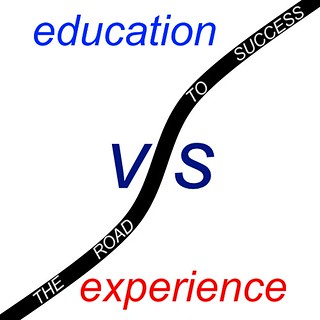While I firmly believe that the education of our youth is a local issue and not a federal one, each locality should be clear about their educational goals.
Here I am offering a guide for developing specific educational goals.
1. The goal of a good education is to help young people to become both more receptive to and more discriminating about the world: seeing, feeling, and understanding more, yet sorting the pertinent from the irrelevant with a more discerning touch, increasingly able to integrate what they see and to make meaning of it in ways that enhance their ability to keep on growing.
2. The goal of education is to promote significant learning. Significant learning entails development. Development means successively asking broad and deeper questions of the relationship between oneself and the world. This is for first-graders as well as for graduate students, for fledging artists as well as for graying accountants.
3. The final goal of education in the schools should be to create men and women who are capable of doing new things, not simply repeating what other generations have done ; men and women who are creative, inventive, and discoverers, who can be critical and verify, and not accept everything they are offered.
What are your thoughts. Do you think these goals are realistic?
Leave your comments below.

